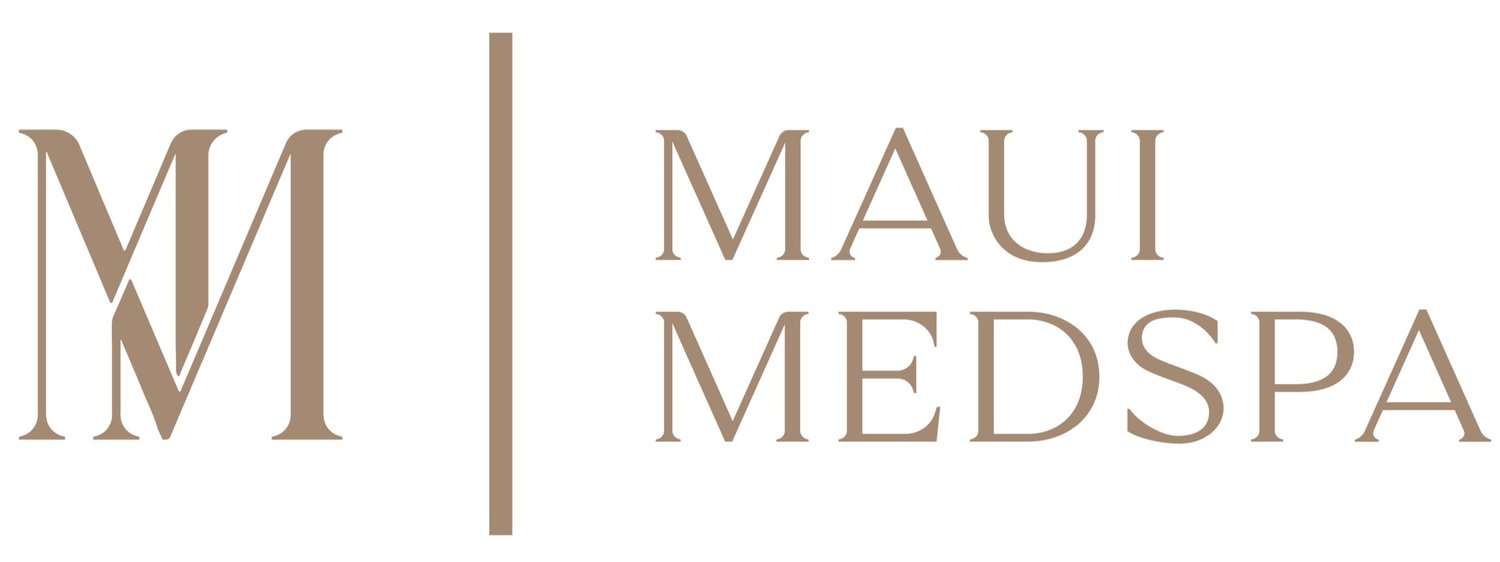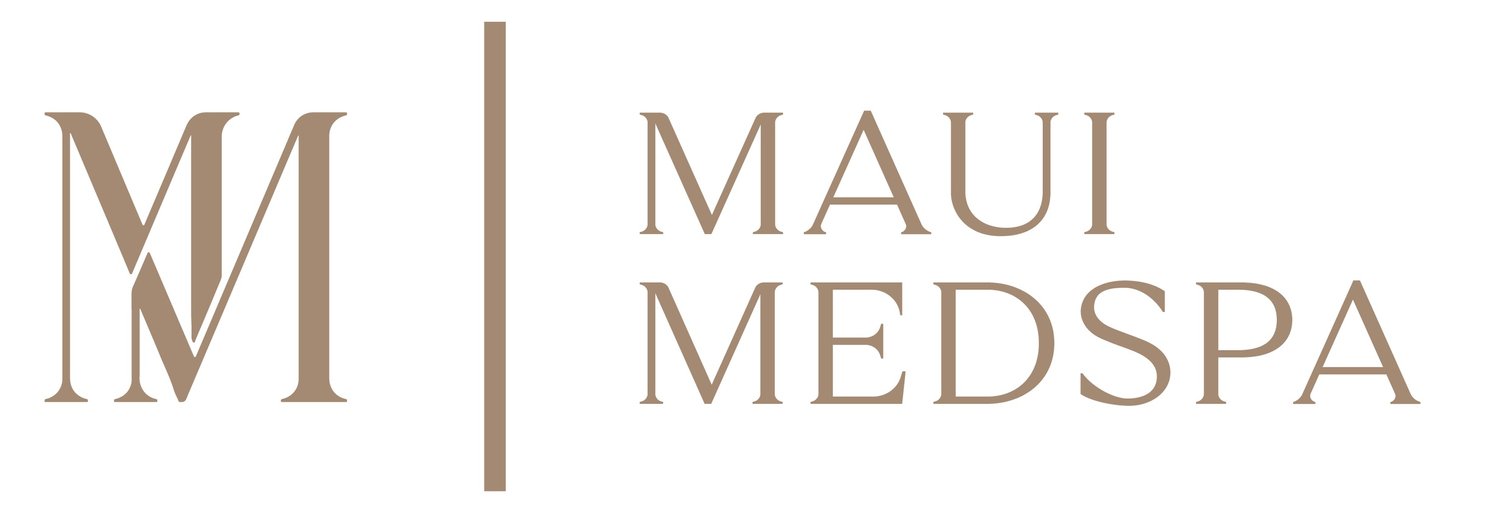Bruising after injectables: prevention tips
Around one-half to one-third of all injectable patients experience some degree of bruising post-treatment. Fortunately, most post-treatment bruising is minor and resolves on its own in less than a week. Here are some simple things you can do to decrease the likelihood or intensity of bruising.
Before Your Treatment
Choose an Experienced Injector
The right injector has years of experience with a multitude of injectables. Choosing the right injector will ensure an expert technique that minimized post-treatment bruising.
Avoiding Blood-Thinning Medication and Food
Certain medications and food inhibit the ability of blood to clot, which is necessary to reduce bruising. Here is a list of what to avoid pre-treatment.
NSAIDs such as Aspirin, Ibuprofen, and Naproxen
Anticoagulants like Heparin or Warfarin
St John’s Wort
Vitamin E
Fish Oil/Omega-3 fatty acids
Gingko Biloba
Ginseng
Green tea
Krill oil
Flaxseed oils
After Your Treatment
Take Arnica Montana
After your filler or Botox/Dysport treatment consider taking Arnica Montana, a natural plant derivative shown to reduce post-procedure pain and bruising. Arnica Montana can either be taken in pill form or topically applied to the treatment area. We recommend taking the pill form a few days before your injectable treatment to further prevent bruising.
Click here for an Amazon link for Arnica Tablets
Eat Pineapple
There’s some evidence that enzymes found in high citrus fruits like pineapples can work to prevent bruising. Try eating pineapple during the first two days after Botox or filler treatment.
Avoid Excess Physical Activity
Exercise increases heart rate and blood flow, which makes it difficult for broken capillaries at the injection site to heal. Avoid strenuous physical activity, including weight training and aerobic exercises, for 48hrs after your injectable treatment.
Elevated Sleeping
Avoid sleeping for at least 3-4 hours following your treatment to avoid any inadvertent rubbing or pressing on the treatment area. On the first night following your treatment, sleep with your head elevated by propping it up with extra pillow(s).
Avoid Touching
Try your best not to touch the treatment area for at least the first 6 hours after the injection. Specifically, patients should avoid putting any pressure on the injection area as that can cause added trauma to the blood vessels (resulting in further bruising). Never massage the treated area unless specifically instructed to do so by your provider.
Cold Compress
The intermittent use of a cold compress or cold packs within the first 8 hours of treatment can help reduce bruising or swelling in the injection area. The compress can be lightly applied for 5-10 minutes every hour.
Avoid Alcohol
Alcohol relaxes and expands blood vessels, increasing blood flow and the risk of bruising. Even small amounts can trigger this effect. For best results, avoid alcohol completely 1-2 days before and after your injections.
Take Vitamin C
Vitamin C is important for wound healing. By taking Vitamin C supplements before and after your injection you can prevent or reduce bruising.
Conclusion
There are several things that can be done to decrease the likelihood or intensity of bruising after injectable treatments.
Choosing an experienced injector, avoiding blood-thinning medications and food, taking Arnica Montana, eating pineapple, avoiding excess physical activity, sleeping with the head elevated, avoiding touching the treatment area, using a cold compress, avoiding alcohol, and taking Vitamin C can all help. It's important to remember that even with these precautions, some degree of bruising may still occur, but most post-treatment bruising is minor and will resolve on its own in less than a week.

